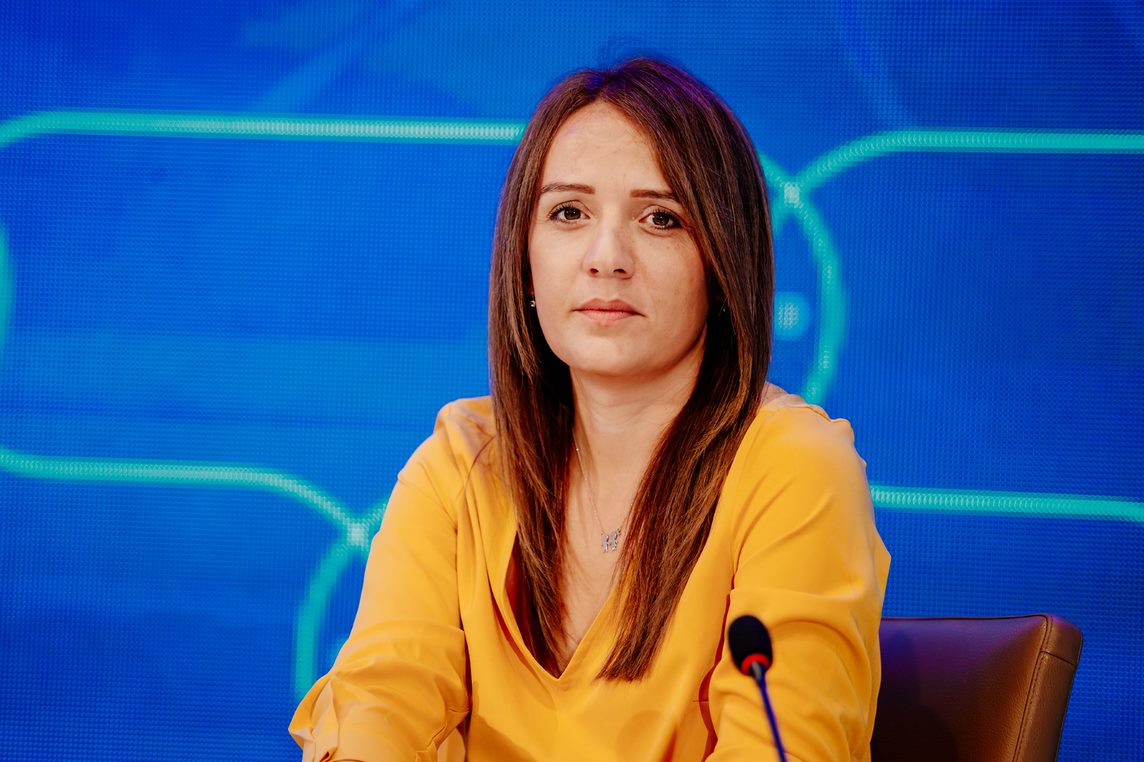CDT filed a submission to the Constitutional Court requesting the review of the constitutionality of the amendments to the Law on Local Self-Government (LLSG) related to the postponement of local elections.
We call on the Constitutional Court to initiate appropriate procedures without delay and to issue an opinion on our initiative as soon as possible.
Amendments to the LLSG are not harmonized with other laws in the legal system of Montenegro. The lack of alignment with the Law on Election of Councilors and Representatives (LECR), a law of higher legal force, is particularly striking. In addition to legal inconsistencies, said changes are also in conflict with Article 91 of the Constitution of Montenegro, which regulates the hierarchy of legal acts, i.e., specifies which acts are adopted by a qualified majority.
These changes violate both international election standards and the international legal framework, which stipulate the regular holding of election processes except in exceptional, emergency situations.
The amendments to the LLSG served as a basis for the President of Montenegro to postpone the election processes in a number of Montenegrin municipalities without providing valid reasons for such a decision.
Namely, the President changed his own decision on holding the elections and scheduled a new, postponed date of elections for October 23. In this way, he acted contrary to Article 14, paragraph 2 of the Law on Election of Councillors and Representatives, which stipulates that no less than 60 (sixty) and no more than 100 (one hundred) days shall pass between the day of calling for and the day of election of councilors and/or representatives.
The actions of President Djukanovic represent a cause for particular concern when we keep in mind that in December 2021, he called the attempt of another parliamentary majority to postpone the elections in a similar way “obstruction of democracy and obstruction of the electoral process.”
This way of acting of the President and the Parliament of Montenegro leads to a dangerous precedent, i.e., illegal postponement of elections without a valid reason, which may also mean that any parliamentary majority that finds political interest in it – may postpone local elections as it pleases.
After this understanding of democracy and the legal order by the President and the Parliament, the Constitutional Court remains the last defense of law and democratic principles.
For this reason, we once again appeal to the Constitutional Court to put our initiative on the agenda as soon as possible and conduct a transparent procedure related to issuing its opinion on this matter.
Biljana Papovic, CDT Deputy Executive Director



